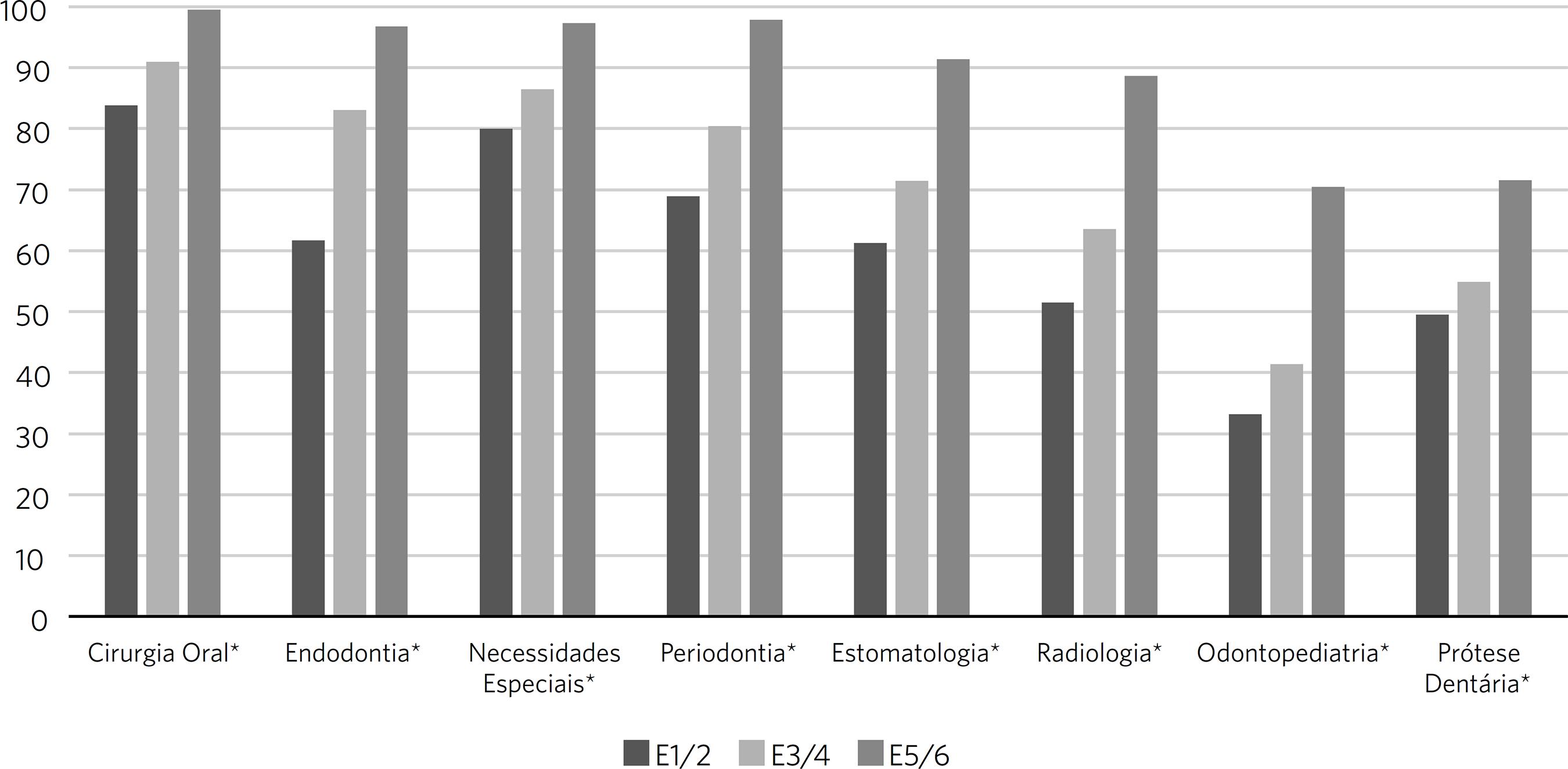ABSTRACT
The objective of this exploratory study was to identify inequalities in the organization of the work process of Oral Health Teams in the Family Health Strategy, comparing municipalities of the Paraná State, Brazil, regarding social, economic and demographic conditions. We used secondary data obtained in the external evaluation stage of the National Program of Access and Quality Improvement in Primary Health Care (PMAQ-AB), referring to the certification standards for access, quality, and organization of the work process of the teams. The municipalities were stratified according to the index proposed by the program. We observed wide participation of the municipalities in the program, with predominance of family health teams with oral health. The results show inequalities, unfavorable to the smaller and poorer municipalities, which reveals the need to understand the role of management as a supporter of the Oral Health Teams, favoring the rescue of skills and abilities necessary for the good governance of the clinic and of care in PHC .There is evidence of the need for management qualification, with federal and state support, mainly to smaller municipalities and with a low response capacity of health systems. It is important that regionalization be effective, and that the oral health care network be organized in an equitable way to include those municipalities.
KEYWORDS
Dental health; Primary Health Care; Process assessment (health care)

 Oral health work process in Primary Health Care: intermunicipal inequalities highlighted by the PMAQ-AB
Oral health work process in Primary Health Care: intermunicipal inequalities highlighted by the PMAQ-AB